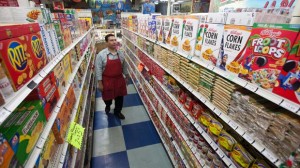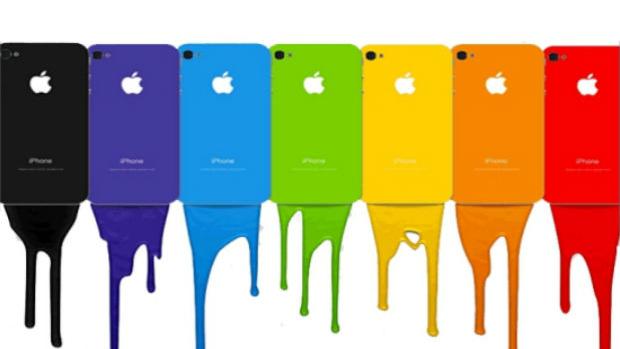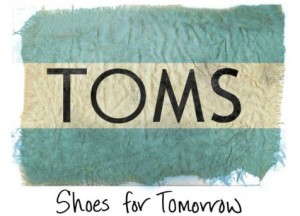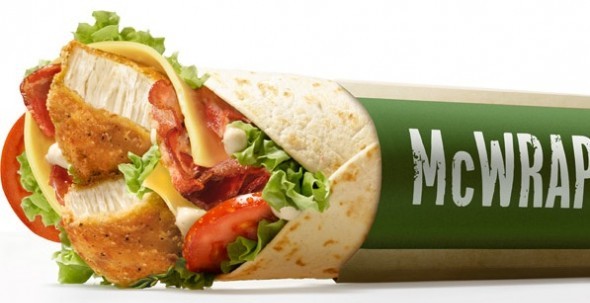Some groceries we buy these days may be genetically modified (GMO’s) because farmers and producers need to alter the organisms to either increase growth or to resist diseases. Not many people know about this or really care about this but I believe it’s an issue that should be brought up and taken seriously. In the short run, consuming GMO’s may have no effect on our health but it will definitely show its nasty effects in the long run. A study has shown that eating genetically modified corn has caused rats to develop tumours, widespread organ damage and many other health illnesses. If rats suffers from these GMO’s then there’s a chance that humans may suffer as well. Europe current has adopted the rule that there will be mandatory labelling for GMO’s. This is the best way to deal with the situation because at least the customers get a choice of what to put in their mouth. There are still no rules in Canada that require labels to be put on food. One of the major reasons is because with the label, consumers will be less inclined to purchase, decreasing revenue. Is it worth it to risk the health of consumers?
Reference: http://www.cbc.ca/news/technology/genetically-modified-foods-a-primer-1.1341529







Recent Comments